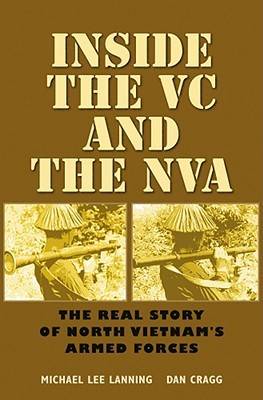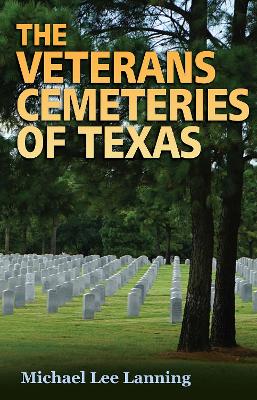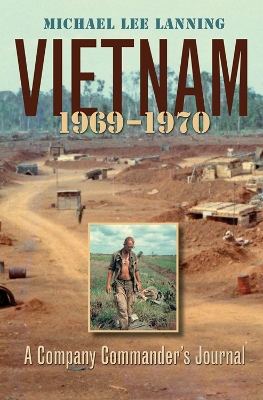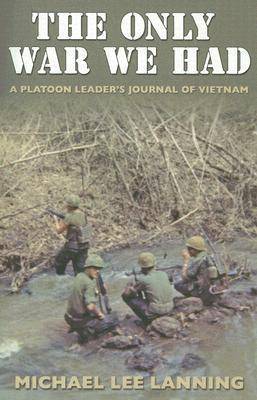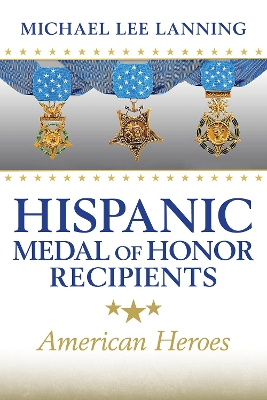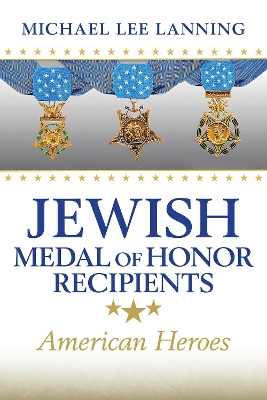Williams-Ford Texas A&M University Military History
6 total works
If the costs of the Vietnam War were great to Americans and staggering to the South Vietnamese, they were even worse for the North. And those costs were borne largely by the individual soldiers - the soldiers who won the war.Based on interviews, soldiers' diaries, letters, and government documents, this book, first published in 1992, gives a classic, soldier's-eye account of the war that our opponents fought and the men who fought it.
Texas, home to more than 1.7 million living veterans (the second largest number of any state), is also home to six nationally run and four state-run veterans cemeteries. Each year, more than 12,000 veterans are laid to rest in these hallowed grounds. The Veterans Cemeteries of Texas recounts the stories of these ten official final resting places for Texas veterans, creating-for the first time-a complete guide to these solemn bivouacs of the dead.
Author Michael Lee Lanning, a US Army veteran, has not only reconstructed the history of these cemeteries as a tribute to the fallen but has also compiled a useful resource for the living. Lanning details the exact locations, eligibility requirements, and contact information throughout the state for those veterans and their families who might choose to make use of these important public services. Richly illustrated, the book also provides moving descriptions of military burial traditions, such as "Taps" and the 21-gun salute, as well as information about the various types of military headstones (including sixty authorized religious symbols).
In the author's words, "A walk through these burial grounds is a journey across the history of Texas and of the United States." Lanning's use of more than 100 captivating photographs, along with his compelling text, allows readers to take that walk through veterans cemeteries in Texas. For lovers of Texas history and military history, The Veterans Cemeteries of Texas is a gripping tribute to past, present, and future Texas veterans and the solemn places where they rest in their last formation and final parade.
Author Michael Lee Lanning, a US Army veteran, has not only reconstructed the history of these cemeteries as a tribute to the fallen but has also compiled a useful resource for the living. Lanning details the exact locations, eligibility requirements, and contact information throughout the state for those veterans and their families who might choose to make use of these important public services. Richly illustrated, the book also provides moving descriptions of military burial traditions, such as "Taps" and the 21-gun salute, as well as information about the various types of military headstones (including sixty authorized religious symbols).
In the author's words, "A walk through these burial grounds is a journey across the history of Texas and of the United States." Lanning's use of more than 100 captivating photographs, along with his compelling text, allows readers to take that walk through veterans cemeteries in Texas. For lovers of Texas history and military history, The Veterans Cemeteries of Texas is a gripping tribute to past, present, and future Texas veterans and the solemn places where they rest in their last formation and final parade.
Lieutenant Michael Lee Lanning went to Vietnam as an eager young patriot who was confident of surviving the war. After six months in-country, he was promoted at age 23 to company commander, and his sense of duty began to shift from his nation to preserving the lives of the men in Bravo Company. Lanning and his men faced an enemy who was patient, elusive, and firm in the belief that they could outlast the Americans. The young commander also confronted the prospect of sudden, violent death, bone-numbing weariness, and the stench of blood and decaying flesh. He would lose friends and would acquire a cynical contempt for all Vietnamese, both allies and enemies. ""Vietnam, 1969-1970"", like its predecessor, Lanning's ""The Only War We Had"", is taken from the journals the author kept during his tour of duty. He writes, ""I dusted off men with wounds that will disable them for the rest of their lives. I dusted off a dead man that was one of the best soldiers I ever have known. I am realizing the full burdens of being a company commander"".
In my year in Vietnam, I walked the booby-trapped rice paddies of the Delta, searching for the elusive Viet Cong, and later macheted my way through the triple-canopy jungle, fighting the North Vietnamese Regulars...I sweated, thirsted, hunted, killed. Somewhere in all my experiences, I overlapped the situations of nearly every infantryman and many others who served. Michael Lee Lanning's journal of his first tour of duty in Vietnam provides an unvarnished daily account of life in the field - the blood, fear, camaraderie, and tedium of combat and maneuver. Fleshed out with narrative and detail years later, the pages of this memorable book, first published in 1987, show an eager young recruit growing before the reader's eyes into a proud but bloodied combat veteran. Subsequent volumes in his ""Vietnam Trilogy"" will detail Lanning's tour as a company commander and his postwar investigation into the mind of the enemy. Through his eyes, readers see the reality of a war that did not always receive glory but was, in his words, ""the only war we had.
Jewish Medal of Honor Recipients Volume 169
by Michael Lee Lanning and Bryan Mark Rigg
Published 30 May 2022
